FUTURE TRENDS: WHAT'S NEXT FOR DIGITAL FASHION AND BEYOND IN 2023
Digital fashion is an exciting and rapidly evolving field that is shaping the future of the fashion industry. As technology continues to advance, we can expect to see a number of trends emerge that will change the way we shop for, create, and wear fashion. Here are five of the most important trends to keep an eye on in the coming years:
- Artificial Intelligence will help save resources and time Artificial Intelligence (AI) is a rapidly evolving technology that is having a significant impact on the fashion industry. From design to production, AI is being used to automate and optimize a wide range of processes, and it has the potential to revolutionize the way fashion is created and consumed. For example, AI algorithms will be able to analyze data on a customer's preferences, body shape, and style to recommend clothing and accessories that are perfectly suited to their individual needs. By using AI-generated virtual models, designers can create virtual fashion shows and try-on experiences, which can save resources and time.
- Fashion will become more immersive with Augmented Reality One of the most promising trends in digital fashion is the use of augmented reality (AR) to enhance the shopping experience. By using AR technology, customers are able to virtually try on clothes and accessories in real-time, without ever having to leave their homes. This will not only make shopping more convenient, but it will also help customers make more informed purchasing decisions. By overlaying digital information onto the physical world, AR technology can enhance the shopping experience and make it more engaging and interactive. AR commerce is also becoming more accessible with the rise of 5G networks and edge computing: In 2023, Augmented Reality applications will reach a level of maturity and ease of use that will allow for mass adoption.
- Web 3.0 co-creation will disrupt traditional fashion systems Co-creation is a process of collaborative design where customers, designers, and manufacturers work together to create new products and services. It's a form of user-centered design that empowers customers to have a say in the products and services they consume, and it's a key trend that's driving innovation in many industries, including fashion. Web 3.0 technology can facilitate this process by providing customers with more control over their data and the ability to participate in decentralized networks, which can ultimately lead to a more sustainable and responsible fashion industry
- Interoperability will let us wear digital fashion across platforms In order for new digital economies of scale to develop, we need to be able to take our digital identities from one world to another, from one game to another. Interoperability will be key to creating an integrated and user-friendly fashion ecosystem. With the rise of digital fashion, it is important to ensure that different systems and platforms can communicate and work together seamlessly. 2023 will see a more seamless way of digital self expression with platforms collaborating and opening their ecosystems to avatars and digital wearables from third parties.
- Owning digital fashion assets is already becoming the new normal Gen Z's relationship with digital assets is a reflection of the unique way in which they interact with digital technology. Their interest in owning and trading virtual items in online games such as Fortnite and Roblox is a sign of a broader trend towards digital ownership and the tokenization of assets. This trend is driven by the ease and low cost of creating and trading digital assets, as well as the growing recognition of their value. As Gen Z continues to shape the future of the digital economy, we can expect to see even more innovative and exciting uses of digital assets.

Metaverse Fashion News
READ MORE



